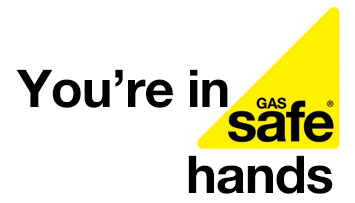Just because you have installed a new carbon monoxide alarm in your home it does not mean your home is safe. Recently we have come across many homes with CO alarms incorrectly fitted. Every year there are approximately 25 accidental deaths from Carbon monoxide poisoning so it is essential you have a correctly installed co2 alarm in your home.

After carbon monoxide is breathed in, it enters your bloodstream and mixes with haemoglobin (the part of red blood cells that carry oxygen around your body), to form carboxyhaemoglobin. When this happens, the blood is no longer able to carry oxygen, and this lack of oxygen causes the body’s cells and tissue to fail and die.
What is carbon monoxide?
CO is produced by incomplete burning of natural gas, liquified petroleum gas (LPG), coal or wood. This happens when a gas appliance has been incorrectly fitted, badly repaired or poorly maintained. It can also occur if flues, chimneys or vents are blocked. The source of these gasses mainly come from household appliances such as boilers, gas cookers, central heating systems, water heaters and open fires.
What are the symptoms?
The most common symptoms of carbon monoxide poisoning are
- Tiredness and confusion
- Headaches
- Breathlessness
- Stomach Pain
- Nausea
- Dizziness
- Collapsing
CO symptoms are similar to those of flu, food poisoning, viral infections and fatigue. That’s why it’s quite common for people to mistake this very dangerous poisoning for something else.
Other signs that could point to CO poisoning:
- Your symptoms only occur when you are at home and seem to disappear when you leave home.
- Others in your household (including pets) are experiencing similar symptoms and they appear at a similar time.
What should you do?
- Turn off all of your gas appliances immediately, open all doors and windows to let in fresh air and leave the house.
- See a doctor or go to the hospital and let them know you may have CO poisoning, they can run all necessary tests.
- If you think there is an immediate danger, call the Gas Emergency Helpline on 0800 111 999
- Ask a Gas Safe registered engineer to inspect your gas appliances and flues to see if there is a dangerous problem.
How to prevent carbon monoxide poisoning
- Get a gas safety check done annually by a Gas Safe reistered engineer.
- Buy an audible CO alarm which will activate in the presence of CO, Make sure any alarm you buy is marked to EN 50291 and has the British Standards Kitemark.
- When you install your CO alarm there are guidelines which need to be followed, however check the manual that comes with your CO alarm.





